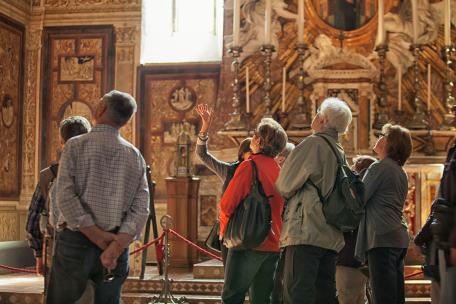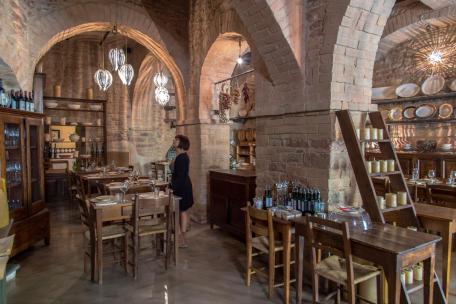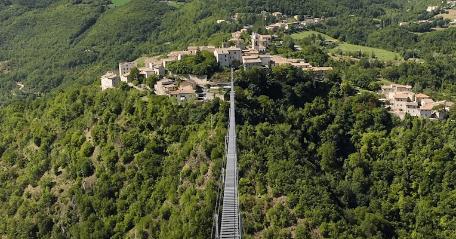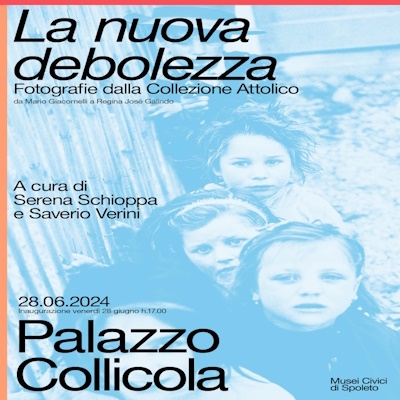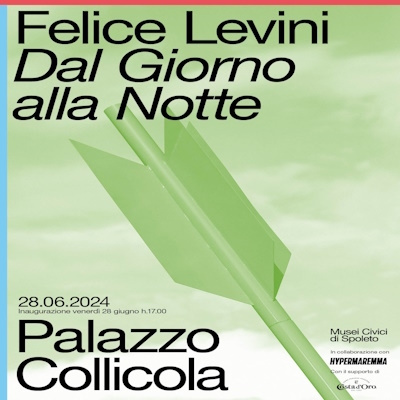One of the most panoramic images of Umbria is a valley with the thousands of colours of blooming flowers: the Castelluccio Plains of Norcia, in the Mt. Sibillini National Park.
The high plains of Castelluccio are utterly beautiful from May to early July, when the flowers in the fields burst into in a thousand hues from yellow ochre to bright crimson red and purple, but its wonderful and varied scenery is a delight at any time of year.
Mt. Sibillini National Park is magic, it is rugged and comprises the eponymous mountainous area. The highest peak of the range is Mt. Vettore at 2476 m above sea level. The landscape here is that of high mountains and varies from soft rolling hills to rugged rocky slopes. The area was the reign of the legendary Sybil, it is a unique zone wherein nature, history, culture and magic seamlessly intertwine.
Take a nice hike from Castelluccio to Forca Presta, from which you can easily see where the trail leads to the top of Mt. Vettore.
Before setting out, make sure you have everything you'll need: the proper clothing, hiking boots, plenty of water and a nice sandwich filled with any of the delicious specialties of the area, like prosciutto or some of the famous pecorino cheese they make locally.
You can easily spot the trail and you won't be the only one following it, as it is one of the most popular in all of Umbria. You will reach the Zilioli refuge and break for lunch, enjoy the stunning views and rest before you continue along your way.
If you are a habitual hiker, go down to the small body of water known as Pilate's Lake, home to a species of almost microscopic shrimp with a peculiar red hue.
If extreme sports are your thing, then go hang gliding or paragliding. As you take off, even with little wind, you'll be able to admire the beauty of the park from above. It's a spectacle that has no equal. And if you have some extra time, go to the little town of Preci and in the midst of the Valcastoriana go see the Abbey of Sant'Eutizio, one of Italy's oldest monastic complexes with a history that includes that of St. Benedict and St. Francis.










